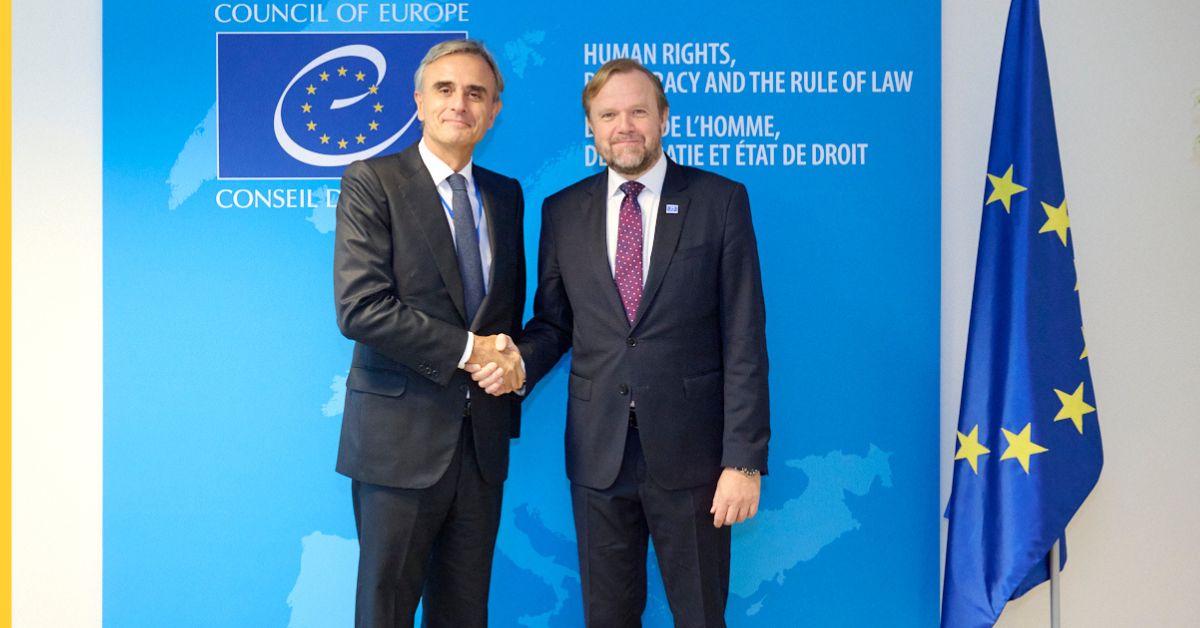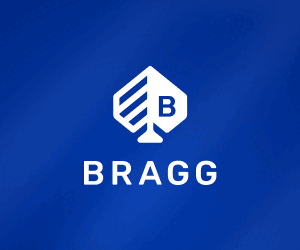Spain became the 12th country to ratify the Council of Europe Convention on the Manipulation of Sports Competitions, often known as the Macolin Convention, on Thursday (17 October).
Spain’s ambassador to the Council of Europe ratified the European sports integrity treaty, which is tabled to enter force on 1 February 2025.
Negotiated in Macolin, Switzerland in September 2014, the treaty’s critics have raised concerns that its definition of illegal gambling would ban Malta-licensed operators from offering gaming services to other European countries.
Spain’s Directorate General for the Regulation of Gambling (DGOJ) said: “This is a fundamental step for Spain in the fight against sports manipulation and the safeguarding of the integrity of sport, placing Spain among the pioneering countries in the eradication of this scourge.”
Alongside the 12 countries that have ratified the convention, 38 Council of Europe member countries and three non-member observers, including Australia and Russia, have also signed.
Among the eight members not to have signed the treaty is Malta, with observers having said it could damage the country’s large online gambling industry.
In 2021, the Financial Action Task Force said Malta should consider signing the convention as a sign of good faith, alongside several other reforms, when it placed the island nation on its “grey list” of jurisdictions under increased monitoring.
It was reported by local media in August 2023 that the country was considering signing up to the treaty after the Malta Gaming Authority (MGA) requested legal advice on how signing would affect its gambling industry.
The evolving legality of European offshore gambling
Whether a gaming operator licensed in one European jurisdiction can legally broadcast online gambling services to a country where it lacks a local licence is a question that is currently back in the news.
Court cases in the Netherlands, Germany and Austria have seen operators found liable for historic grey market activity and ordered to repay all losses to players.
While many have paid, some businesses continue to argue they are permitted to offer gambling under the European Union’s principle of free movement of services.
Malta’s parliament passed a controversial amendment to its Gambling Act, usually known as Bill 55, last year.
The law, which has been criticised by the German gambling regulator, aimed to protect MGA-licensed operators from liability resulting from their gaming activities.
The European Commission said in July it planned to scrutinise the law’s compatibility with European law, and requested more information from Malta’s authorities.
Share


